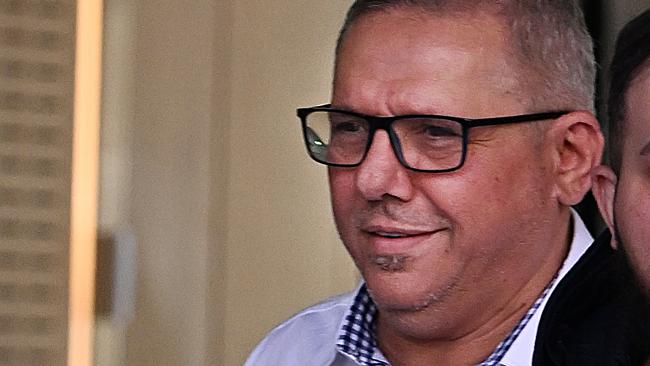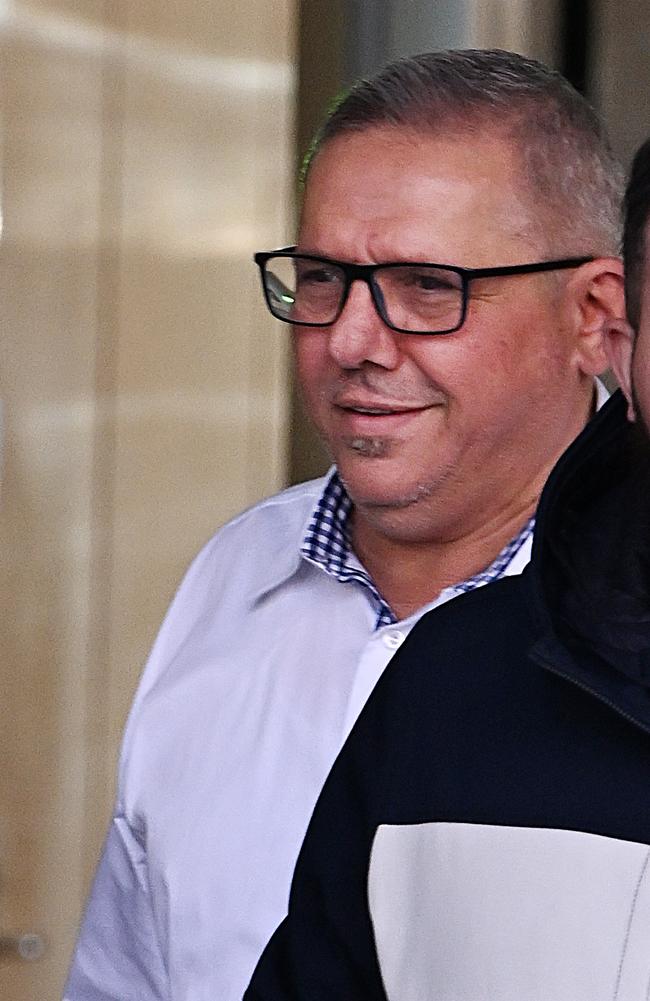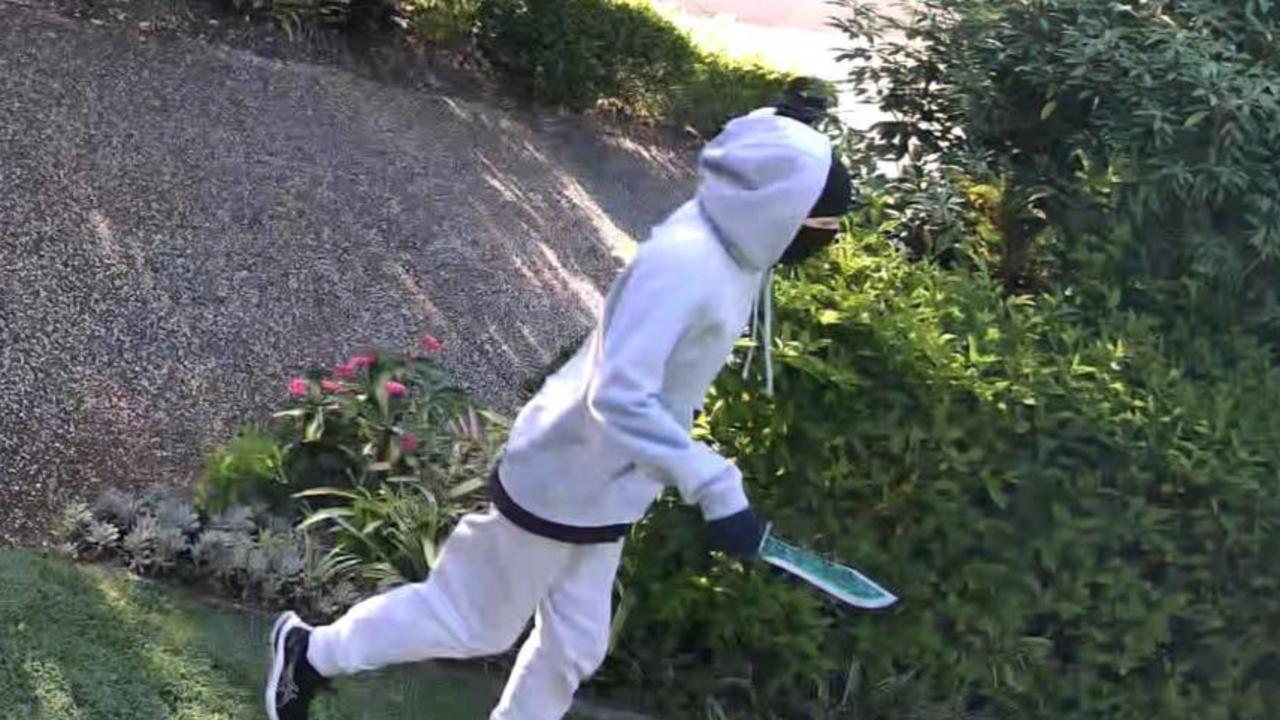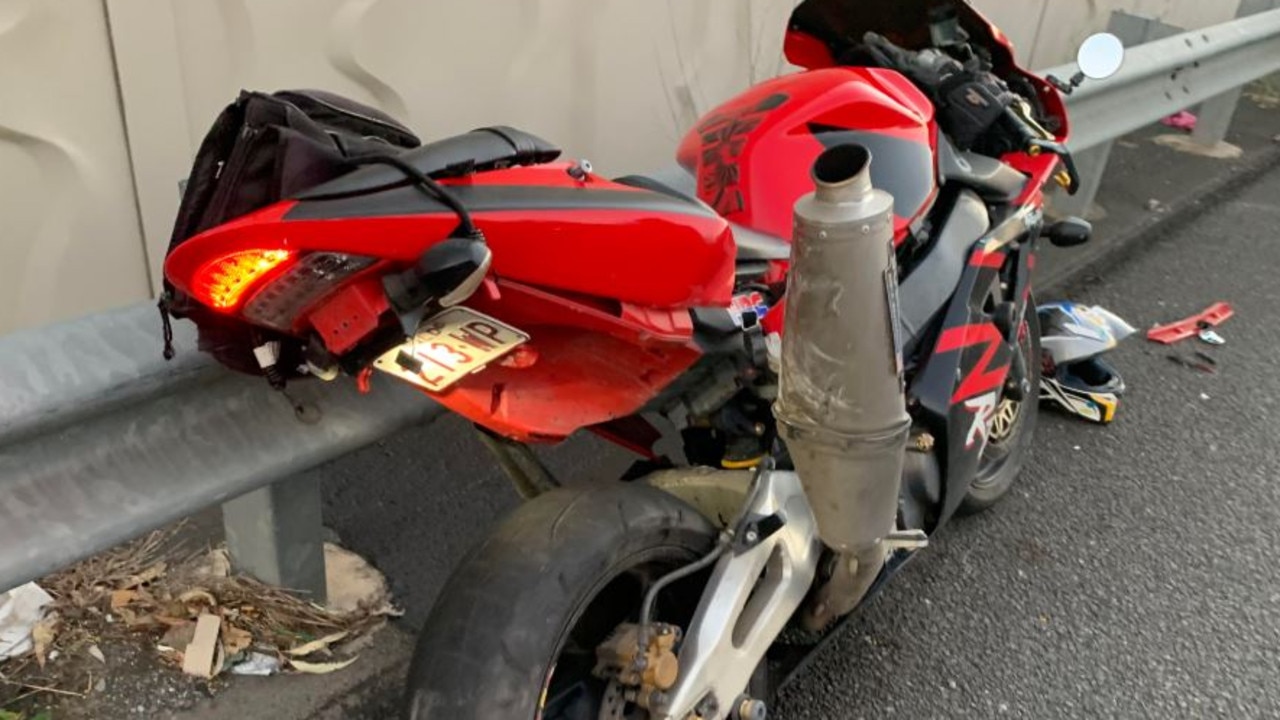Father of seven jailed for ‘pivotal role’ in $1m money laundering scheme
A father-of-seven will spend the next 10 months in custody for his “pivotal” role in a sophisticated money laundering scheme.

Southeast
Don't miss out on the headlines from Southeast. Followed categories will be added to My News.
A father-of-seven will spend the next 10 months in custody for his “pivotal” role in a sophisticated money laundering scheme.
The Brisbane Supreme Court heard on Friday how Fadi Mohammed Hijazi, 59, started laundering money in 2017 after a period of financial hardship and a devastating personal tragedy.
Justice Elizabeth Wilson had previously adjourned her decision after hearing submissions from the parties on Monday.
Delivering her verdict on Friday, she said Hijazi had been operating a struggling grocery store prior to his offending in 2017 when he was hit by a serious family tragedy.
Hijazi had been forced to provide for his brother’s children after the brother was crushed to death by a Bobcat, Justice Wilson said.
She said Hijazi “wasn’t any kind of mastermind”, but had been presented an opportunity to make money for himself by making deposits of cash – of an unknown origin.
Hijazi was connected to 173 incriminating deposits, totalling at least $1.13 million – of which he personally deposited over $200,000.
The other deposits had been made by other individuals under Hijazi’s instruction, the court heard.
Justice Wilson said Hijazi had been arrested in Melbourne in 2018, and the charge had been hanging over his head for six years.
She noted he had since been diagnosed with major depressive disorder, and a psychologist’s report had suggested he needed intensive psychological intervention.
The court heard Hijazi had expressed “shame, remorse, and embarrassment” with his behaviour, and had put the money gained toward family debts and mortgage payments.
Justice Wilson concluded that Hijazi’s circumstances were “tough” but not exceptional – meaning the Mansfield father would need to spend a period of time in actual custody.
She said she would declare the 10 days of pre-sentence custody he had already spent on remand.
Hijazi was sentenced to four-and-a-half years in jail, with a non-parole period of 10 months.
His family, who attended court to support him, gave Hijazi a teary goodbye before he was taken into custody.

Hijazi faced the Supreme Court earlier in the week on Monday, August 29, after previously pleading guilty to one count of dealing in proceeds of crime worth over $1,000,000.
The court heard the charge related to a money-laundering operation Hijazi had been involved with in Perth from September 2017 to May 2018.
Barrister Kim Bryson, for the Commonwealth, said Hijazi played an “active and pivotal” role in the “sophisticated scheme”.
She said the scheme had involved use of encrypted messages and codes, along with the use of safe houses in Victoria and Western Australia.
The court heard police found cash, arranged in bundles of less than $10,000, stored in two safe houses with instructions for where deposits should be made.
Ms Bryson said they also found records of deposits made into multiple accounts across the country.
She said Hijazi had been involved in recruitment for the syndicate and had given instructions to other participants.
The court heard Hijazi had been charged in May 2018, and the matter had since been subject to “extraordinary” delays.
Ms Bryson said Hijazi had first indicated his willingness to plead guilty in 2019, but did not actually enter that plea until last March in Perth.
The matter was then subject to additional delays as it was transferred to Queensland, where Hijazi now lives.
The court heard Hijazi had been “truly broken” by the delay, and had since been diagnosed with major depressive disorder.
A psychologist’s report had described him as “almost catatonic”, and suggested that an actual prison sentence would significantly affect his mental health.
Justice Elizabeth Wilson said she would reserve her decision to Friday, August 2.
Hijazi was granted bail in the meantime.




